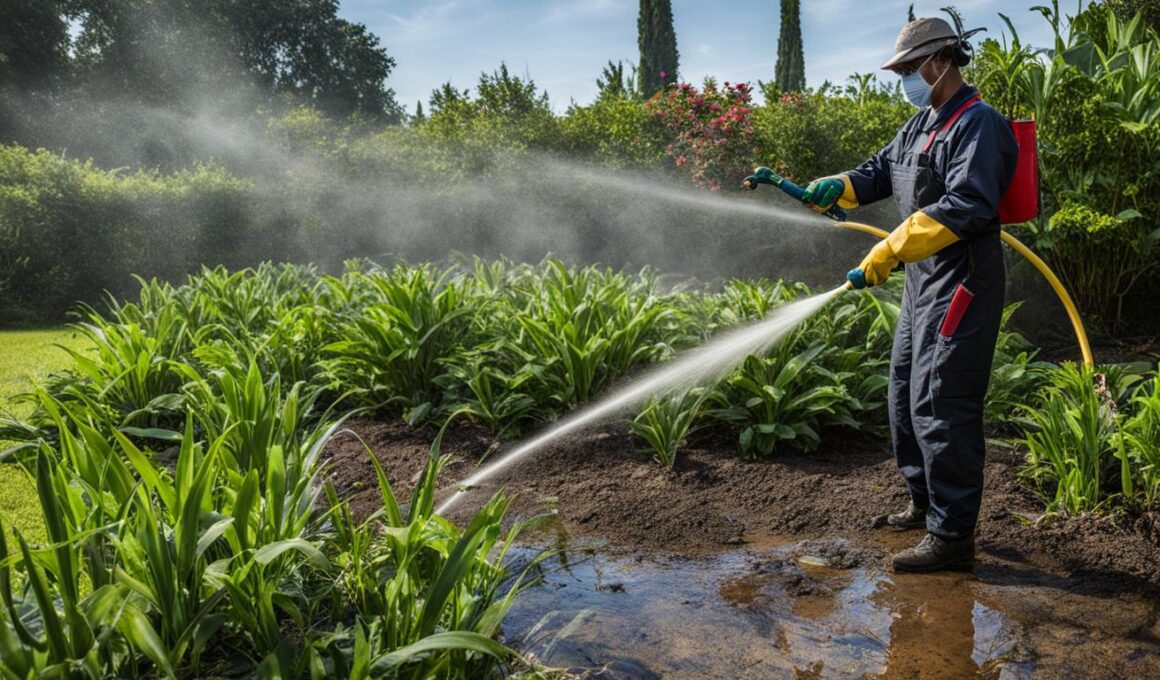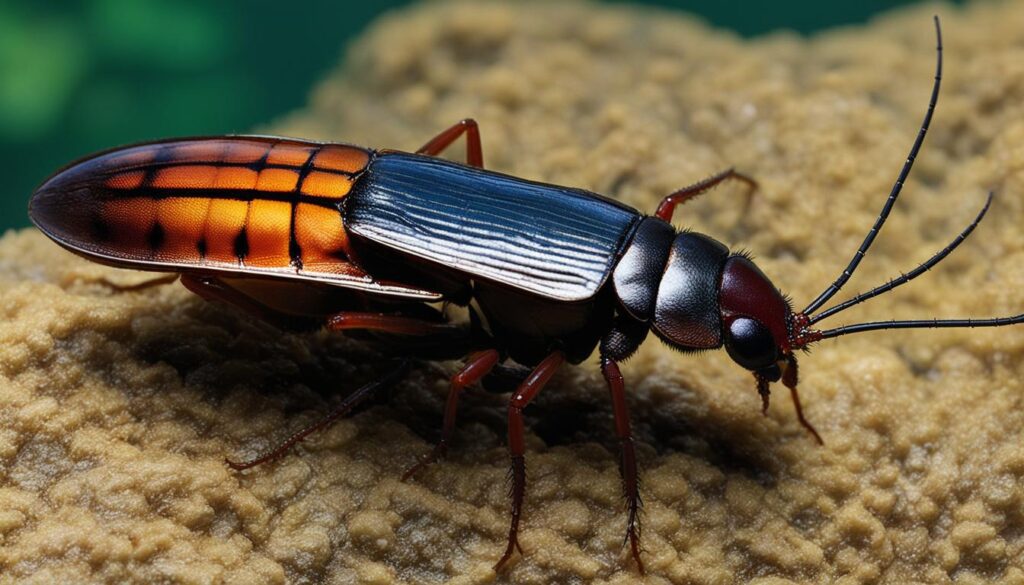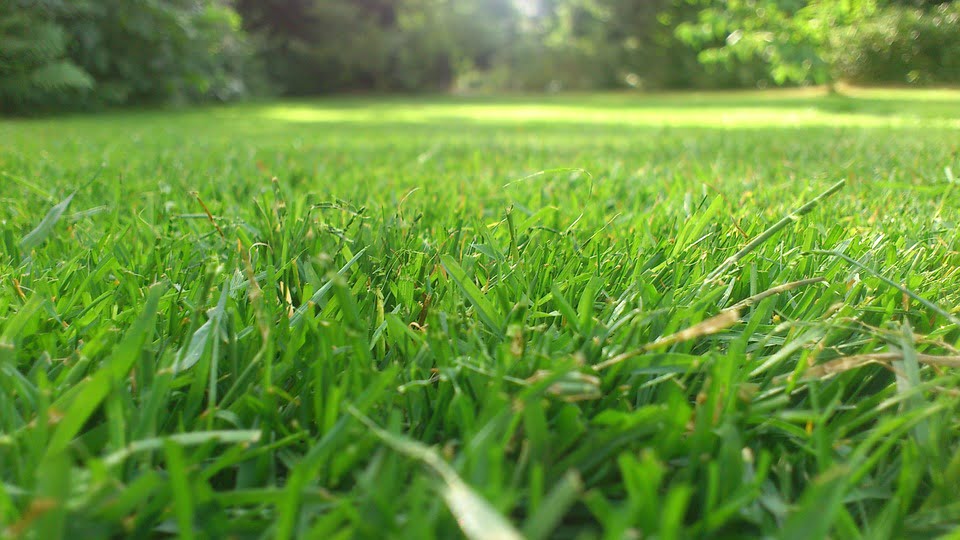Water bugs, often mistaken for cockroaches, can be a nuisance in your home. These insects are attracted to damp and moist environments, and they can carry diseases. To ensure a water bug-free environment, it is essential to implement effective prevention and control methods.
How To Differentiate Between Water Bugs and Cockroaches
It can be confusing to differentiate between water bugs and cockroaches, as the term “water bug” is often used interchangeably. However, there are key distinguishing features that can help you identify whether you’re dealing with water bugs or cockroaches.
Identifying Water Bugs:
- True water bugs are aquatic insects that primarily live in freshwater ponds and streams.
- They have large sizes compared to cockroaches, with some species growing up to 4 inches in length.
- Water bugs have flattened hind legs that are adapted for swimming in water.
- They also have long antennae, which they use to sense their surroundings and prey.
Distinguishing Features of Cockroaches:
- Unlike water bugs, cockroaches are not true water insects. However, they are attracted to damp environments.
- Oriental cockroaches, for example, are commonly found in moist areas such as basements and crawl spaces.
- Cockroaches have reddish-brown or dark brown bodies, which may vary depending on the species.
- They possess long antennae that help them navigate and detect food sources.
- Cockroaches have the ability to crawl and fly, allowing them to move quickly and access various areas of your home.
It’s important to correctly identify the type of pest you are dealing with to implement the appropriate control measures. If you’re unsure about the identification, you can consult with a pest control professional for further assistance.
Effective Methods for Water Bug Control
Dealing with water bugs in your home can be a frustrating experience. However, with the right control methods, you can effectively prevent and get rid of these pests. Here are some proven strategies to help you combat water bug infestations:
1. Remove sources of moisture: Water bugs are attracted to damp and moist environments, so it’s important to eliminate any potential water sources in and around your home. Fix leaking pipes, repair faulty faucets, and ensure proper drainage in your yard to prevent water buildup. Keeping your living spaces dry will go a long way in deterring water bugs.
2. Seal entry points: Water bugs can enter your home through tiny cracks and openings. Inspect your property and seal any gaps in windows, doors, and foundation walls. Use weatherstripping to seal gaps around doors and windows, and caulk any openings in walls to deny these pests easy access to your living areas.
3. Practice cleanliness: Good sanitation habits can help prevent water bug infestations. Clean and declutter regularly, paying particular attention to your kitchen and bathroom areas. Wipe down countertops, sweep floors, and empty trash cans frequently. By removing potential food and water sources, you make your home less appealing to water bugs.
4. Use insecticides: If you’re dealing with a severe water bug infestation, you may need to use insecticides. Always follow the instructions on the label and ensure that the product is specifically designed for water bugs. Apply the insecticide in areas where water bugs are likely to hide, such as under sinks, behind appliances, and along baseboards.
By incorporating these effective water bug control methods into your pest management routine, you can keep your home free from these unwanted visitors. Remember to address any underlying moisture issues, seal entry points, maintain cleanliness, and use appropriate insecticides when necessary. With consistent effort and vigilance, you can successfully prevent and eliminate water bug infestations in your home.
Will Keeping Water Bugs Away Also Help Keep Frogs Out of My Pool?
Yes, getting rid of pool frogs can be linked to keeping water bugs away. Having fewer bugs in and around your pool means less food for frogs, which may help discourage them from hanging around. Additionally, using a pool cover can also inhibit both frogs and bugs from entering the water.










